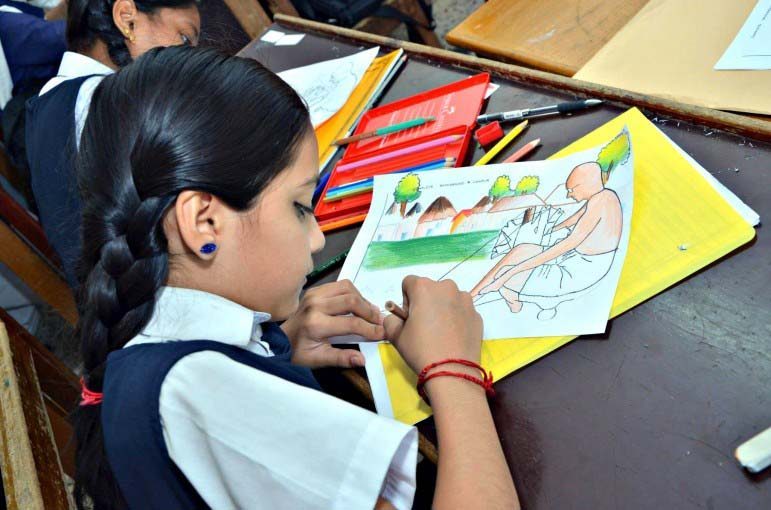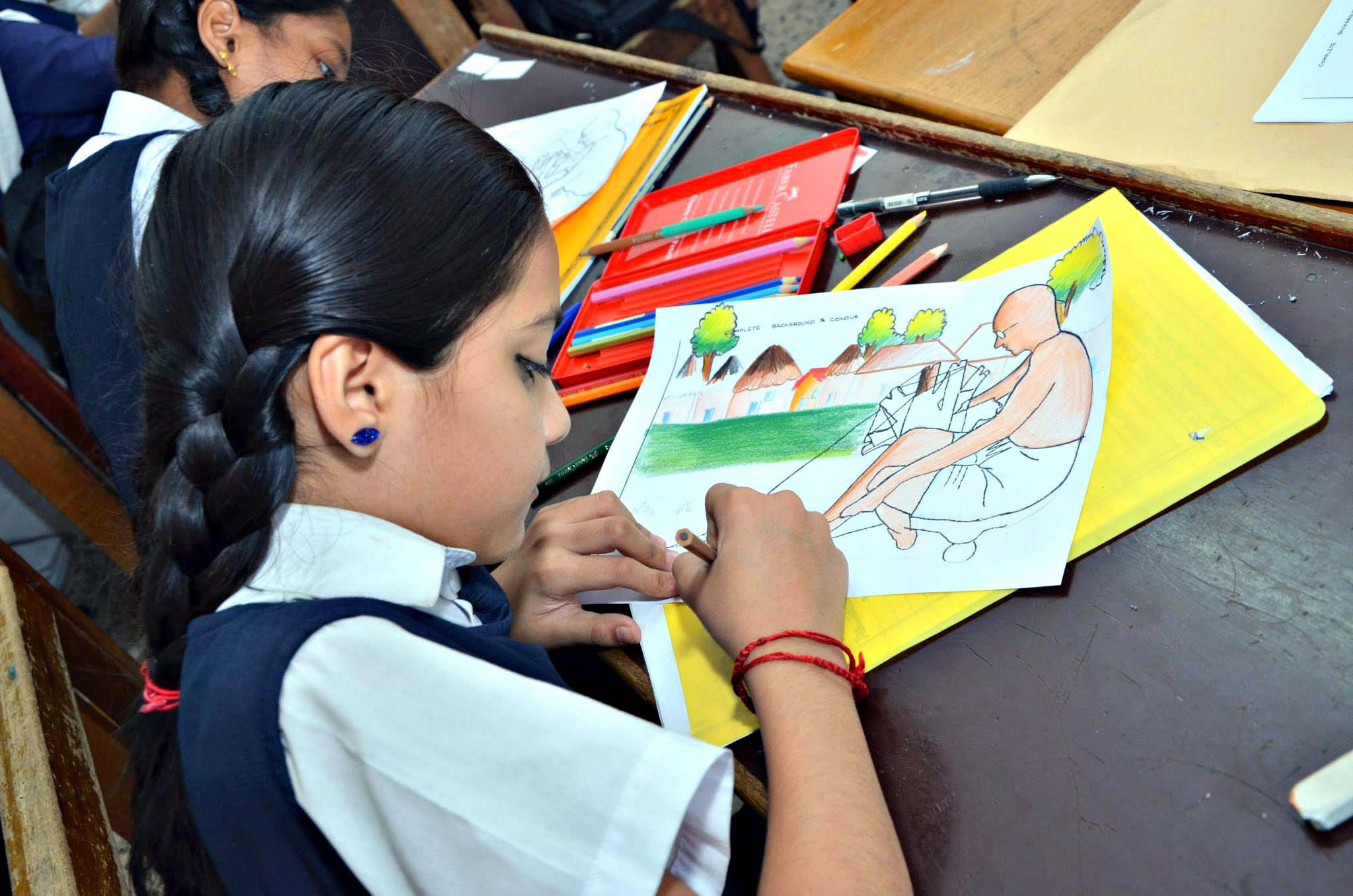
Recently-introduced rules that require students entering Qatar’s education system to provide attested school reports are causing an additional burden for many expats moving to the country.
The Supreme Education Council (SEC) has ordered that all children coming from abroad who are trying to secure a place in a state or private school from Year 2 onwards must first provide two years’ worth of reports from their previous schools.
The documents must be attested in the country in which the child was educated, then presented to the SEC’s Evaluation Institute to be approved and issued with a certificate of equivalency, which will state the year into which they are entitled to be enrolled.

While the new system was discussed earlier this year, the SEC only began enforcing it with schools and parents in September.
It is understood that the aim behind the measures is to ensure that children are put into the correct year group for their age.
However, the extra paperwork required has created additional pressures on schools and recently-arrived residents, particularly those whose children went to school in far-flung locations and for whom securing the necessary attestations is complicated and expensive.
Meanwhile, some headteachers have privately raised concerns that the system doesn’t take into account gifted children, who could benefit from being moved up a year ahead of their peers, or pupils who need to be put back or repeat a year.
Other problems
The document attestation rule also doesn’t address the problem of children changing curriculums, for example if a student previously attended an American school and then switches to an Indian or British one.

Another issue that educators must grapple with in terms of matching students up with their appropriate years is varying calendars.
Schools around the world typically organize their academic year around the summer holidays. This means countries in the southern hemisphere such as Brazil, South Africa and Australia have a school year that runs from January/February to December.
By comparison, those in the northern hemisphere have a school year that runs from September to June or July.
So a child who was in the South African system who tries to move to a British or American curriculum in Qatar could encounter problems.
Finally, the labels of each year group do not match up from country to country. For example, children in Year 1 in Ireland learn from a different curriculum than students in Year 1 in England or Wales.
The attestation rule comes as new expats are already struggling with another new SEC directive not to allow any children coming from abroad to register with a Qatar school after Nov. 9.
This means that families who arrive in Qatar after this time could be forced to home-school their child until the start of the new academic year the following September.
Some employers fear that the rule could act as a disincentive to attracting top international talent to Qatar if they face the prospect of their children missing up to one whole academic year of schooling.
How it works
Attestation requirements are now spelled out on the websites of many of the most popular international schools in Qatar.
However, some details remain unclear. It is not explained whether the school report only needs to be signed by a notary in the county of origin, or whether it must also be attested by the local education authority and Embassy of Qatar in that country, as is required for higher education certificates when residents seek employment in Qatar.

Schools warn parents to liaise directly with the SEC for precise details. British school Doha College, for example, says on its website: “Please contact the SEC Attestation Office for exact clarification of this regulation.”
In addition to the attested reports, the education authority also requires children to have a valid Residence Permit (RP).
As many new residents must now provide six months worth of bank statements before they are able to sponsor their family, and thus secure RPs for them, this is another potential hurdle to recently-arrived children starting school.
The new regulations have caused consternation for many people considering a move to Qatar, with the comments on some online expat forums highlighting the lack of clarity on the issue.
Impact
As the new rules come into force, it appears that they are being applied to many children who have already been in the Qatar education system during the past academic year.

Kelly Nelson has two children at ACS International school – now in Grade 2 and Grade 4.
Having started at the school in October 2013, the kids have already successfully completed one academic year at the school and progressed to the next year.
However, in an email sent to parents earlier this month, the Head of School Steve Calland-Scoble advised that they were still required to submit reports from their previous school.
As Nelson’s children attended a school on the small Caribbean island of Dominica, the logistics of organizing the necessary attestations is proving problematic. She told Doha News:
“The island has no postal system, so we would need to send the documents by courier to a friend, and persuade them to try to get the reports to a notary.
However, there are maybe only two or three notaries on the island, and even then they may not agree to sign and stamp the reports without us being there in person.”
With no diplomatic mission for Qatar in Dominica, requirements for an embassy stamp on the documents would require further travel and expense.
ACS has advised parents that the SEC has allowed an extension until the end of the current academic year for them to secure the necessary attestations and approvals, as long as they sign a commitment to do so in time.
“The school has been very understanding of our situation, and they are trying to help us, but ultimately it is an SEC rule which they have to implement,” Nelson said.
“It seems silly that my children still need to provide the previous school reports when they have already completed a grade and were promoted to the next year in Qatar.”
The new regulations could pose problems for businesses in Qatar trying to recruit high-caliber international staff.
The manager of an American company based in Doha, who asked not to be named, told Doha News that he was currently recruiting but was concerned that candidates might turn down job offers if they could not easily get their children into school.
“Top quality professionals operate in a global market place. It is difficult to understand how additional bureaucracy for school children can help Qatar to attract the brightest and best talent, which is what we’re trying to do to help deliver the National Vision 2030,” he said.
Thoughts?







